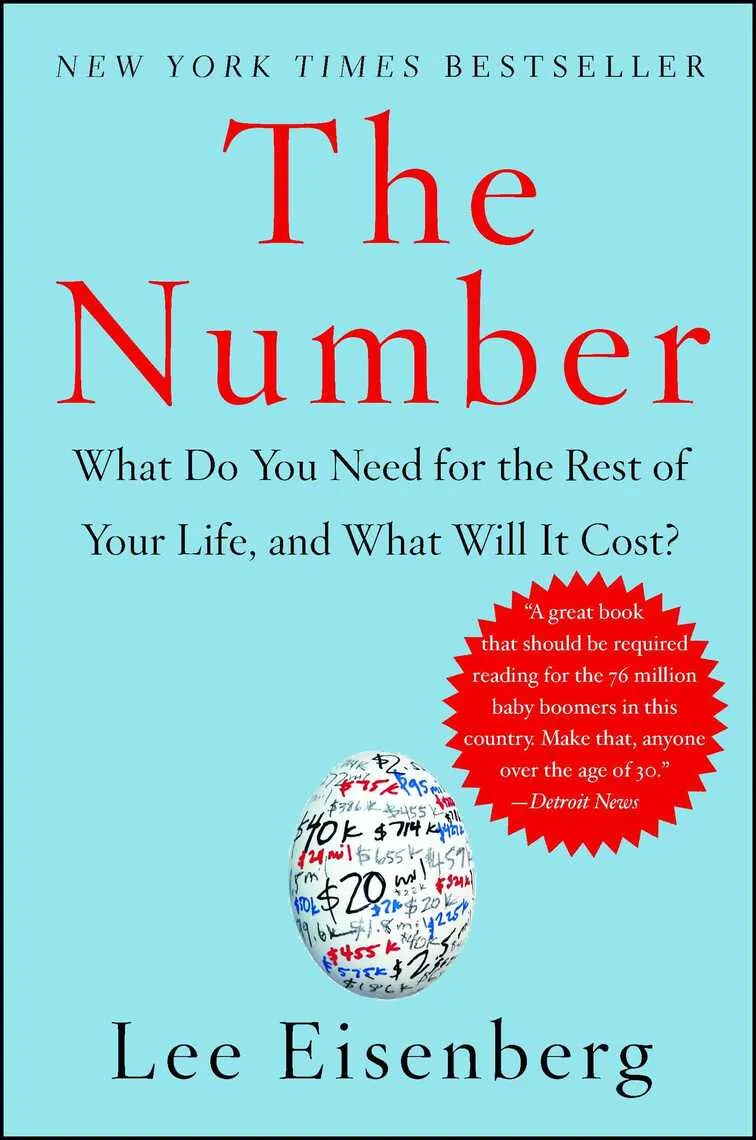From Cato to Toby Keith on 9/11
September 11th, 2022, Patriots Day!
It seems fitting that today is the day I finished reading Cato by Joseph Addison.
Have you heard of Cato? I only had in passing.
Have you heard of Joseph Addison? I had not heard of him at all, and yet he inspired many of the great heroes of the United States of America in its beginnings.
When I read "A Thomas Jefferson Education" I learned from Orville DeMille to look to the heroes in our lives; to consider those who we think are great men, and then to see who they looked to as heroes. How did men like George Washington, Thomas Jefferson, Patrick Henry, and others become the men they were? Who taught them? Who mentored them? Who led them?
When we visited Colonial Williamsburg this year, we heard Washington, Jefferson, and Wythe all speaking. They all mentioned Cato and his influence. Who could this Cato be that had so much influence on these men? What could we learn from this great Roman hero who the founding fathers of our nation all seemed to look up to?
We learned that Cato was the last Roman standing against the approaching army of the tyrant Julius Caesar. So, who is Joseph Addison? He is a playwright whose drama titled Cato In Five Acts was a popular production in the years leading up to the American Revolution. It toured the colonies and was performed regularly in every town. It was such a popular and frequent show that many people had memorized most of it.
Cato, the Roman leader of the Senate at Utica and Juba, Numidian Prince are speaking. They are allies against Caesar, together they stand against a formidable foe with little hope of victory, but they are unmovable for the sake of Honor and Virtue. They vow to protect their homeland to the death. Cato inspires the young African prince with his words. He says:
Valour soars above what the world calls misfortune and affliction. These are not ills; else would they never fall on Heav'ns first fav'rites, and the best of men. The gods, in bounty, work up storms about us that give mankind occasion to exert their hidden strength, and throw out into practice virtues, which shun the day, and lie conceal'd in the smooth seasons and the calms of life.
Juba responds, like many men who heard this speech did also:
I'm charmed, whene'er thou talkst I pant for virtue.
Juba, however, is distracted by the beauty of Cato's daughter Marcia, and wishes to discuss the prospect of her hand in marriage. Cato will not hear of it. Cato's speech to Juba gives us the famous line we attribute to Patrick Henry when he says that this is no time to talk of such things as Juba has his mind on, but it is a time for
"...chains or conquest, liberty or death."
When Caesar sends a messenger to demand Cato's surrender, he refuses. Instead, he tells his dear friend:
we'll sacrifice to liberty. Remember, O my friends! the laws, the rights, the gen'rous plan of power delivered down from age to age by your renown'd forefathers, (so dearly bought, the price of so much blood) Oh, let it never perish in your hands! But piously transmit it to your children. Do thou, great liberty, inspire our souls, and make our lives in their possession happy, or our deaths glorious in their just defense.
When his own son is killed in battle, he wants to count the wounds. He says:
How beautiful is death, when earn'd by virtue! Who would not be that youth? What pity is it, that we can die but once, to serve our country!
Here we see another quote made famous in the American Revolution when Nathan Hale said,
"I only regret that I have but one life to lose for my country,"
his last words before being hanged for spying on British troops.
As we remember today the attacks on September 11, 2001, I came to the end of the reading of this play by Joseph Addison, this story of the Roman Senator Cato, and I am proud to be an American. This story and the stories it inspired make me want to listen to patriotic songs, to hear ballads like God Bless America and passionate lyrics like those in Courtesy of the Red, White, and Blue, a song I cannot sing without pounding my fist.
I think it is impossible to read the words of Cato, and not be moved toward patriotism and love for home and country just as the founding fathers of this nation were moved to Revolution. Whether playwrights or song writers, we are moved by the rhetoric we hear. May we stand firm in Honor and Virtue because we have One True Word of Christ to inspire us to greatness. May our rhetoric and passions always lead us back to His Word, and may we stand for Truth against any enemy that wishes to destroy it.




Comments
Post a Comment